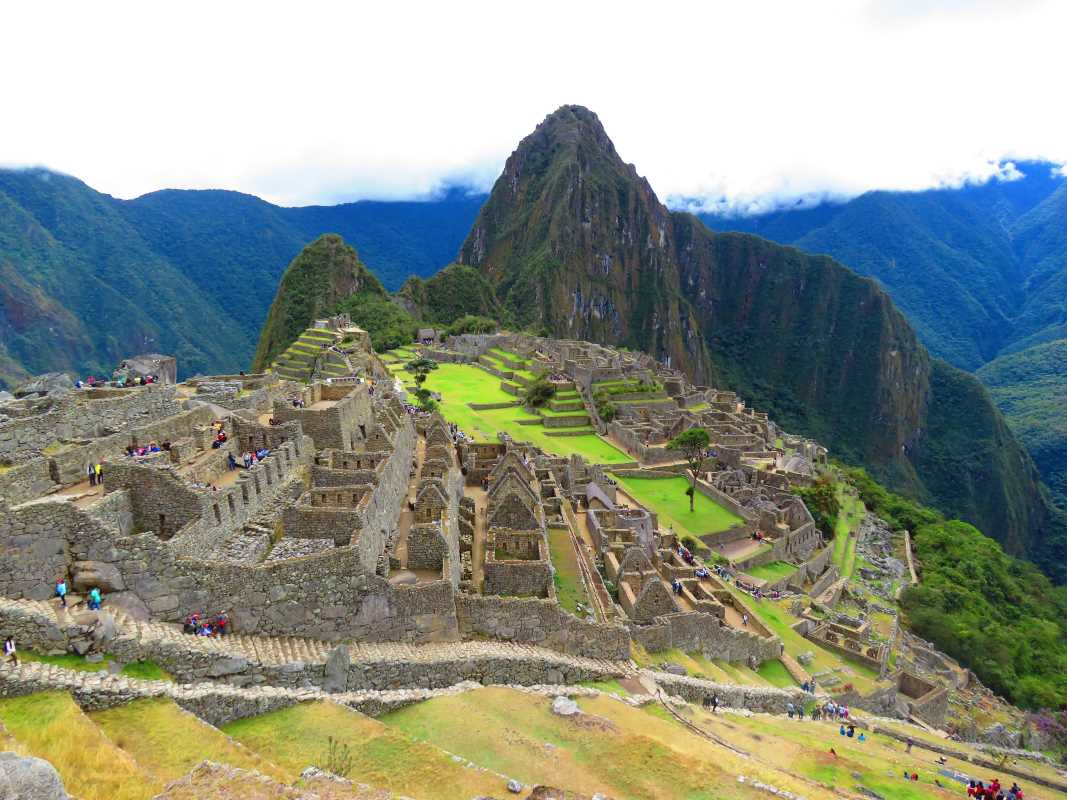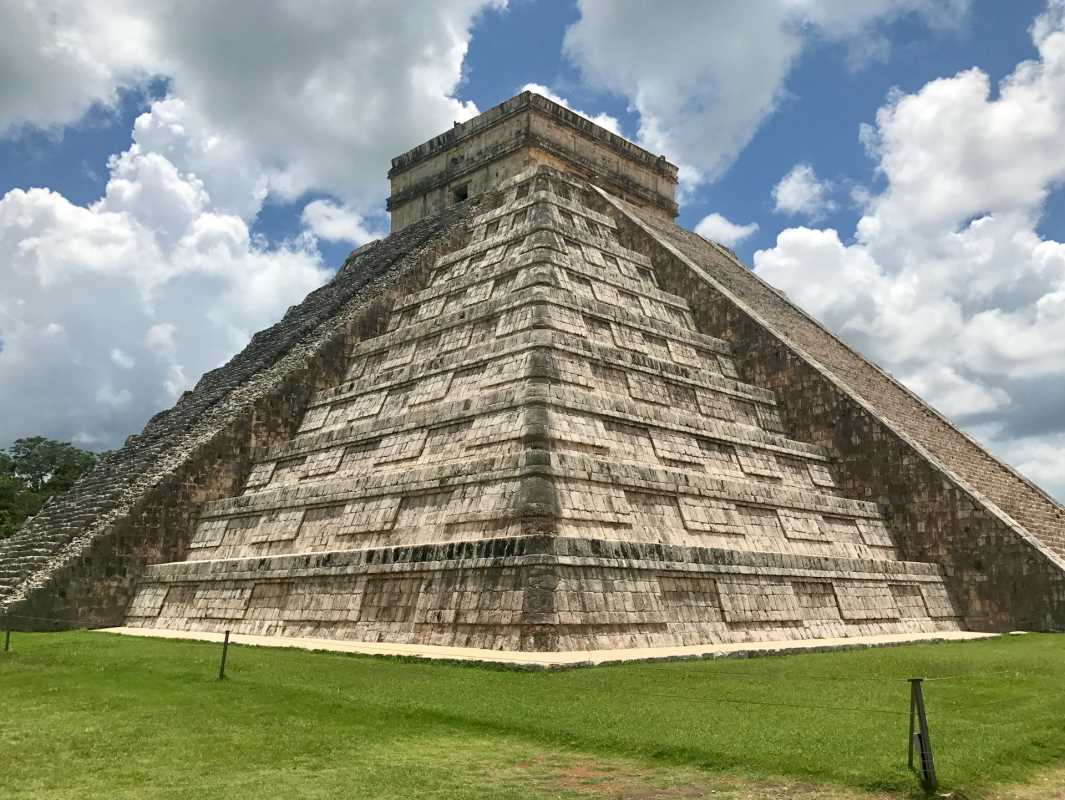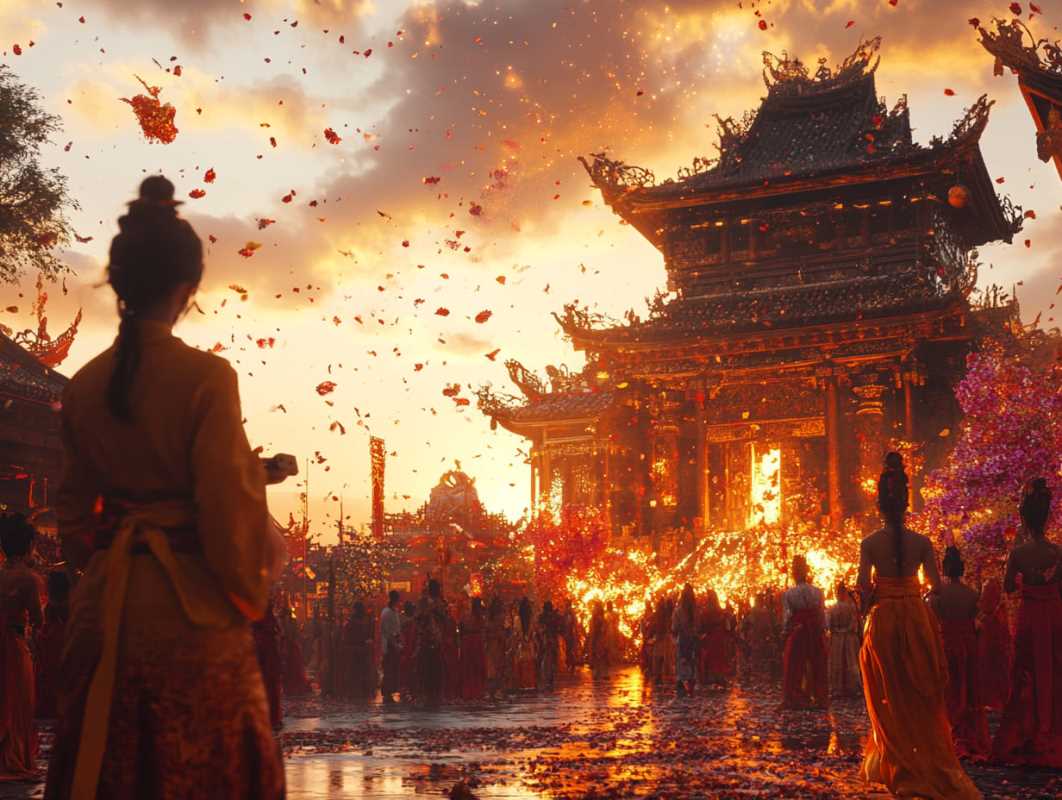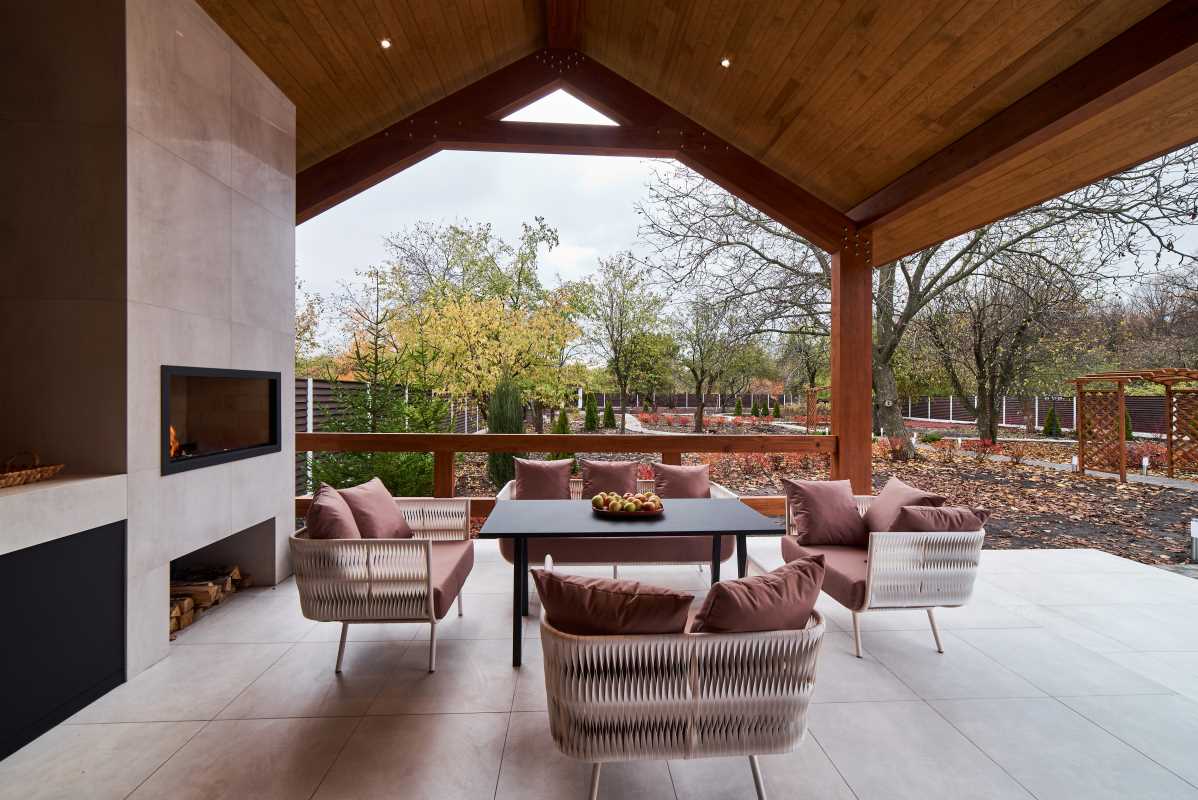Traveling is about more than just visiting new places; it’s about immersing oneself in the rich tapestry of cultures that make each destination unique. From historic cities to vibrant communities, there are countless destinations around the world where you can dive deep into the local culture and history. Whether you’re interested in ancient traditions, contemporary art scenes, or diverse culinary experiences, these culturally rich destinations promise to offer an unforgettable journey.
Kyoto, Japan: A Journey Through Tradition
Kyoto, Japan, stands as a beacon of traditional Japanese culture, offering a mesmerizing glimpse into the country's rich heritage. Once the capital of Japan, Kyoto is renowned for its well-preserved temples, shrines, and historic wooden houses. The city is home to iconic landmarks such as Kinkaku-ji, the Golden Pavilion, and Fushimi Inari Taisha, famous for its thousands of vermillion torii gates. Kyoto’s traditional tea houses and beautiful gardens add to the city's timeless charm, making it a haven for those seeking to experience authentic Japanese culture.
In addition to its historic sites, Kyoto is known for its geisha culture. The Gion district is a lively area where visitors can occasionally spot geishas, known as geikos in Kyoto dialect, as they gracefully move between appointments. Cultural experiences in Kyoto also include participating in a traditional tea ceremony or enjoying a kaiseki meal, which is a multi-course dining experience showcasing seasonal and local ingredients. The city's annual festivals, such as Gion Matsuri, offer vibrant parades and traditional performances that highlight Kyoto’s deep-rooted cultural practices.
Florence, Italy: The Cradle of the Renaissance
Florence, Italy, is often celebrated as the birthplace of the Renaissance, a period of profound cultural and artistic development. The city’s rich artistic legacy is evident in its numerous museums, galleries, and architectural masterpieces. The Uffizi Gallery houses an impressive collection of Renaissance art, including works by Botticelli, Michelangelo, and Leonardo da Vinci. Florence’s architectural wonders include the Florence Cathedral with its striking dome, designed by Filippo Brunelleschi, and the Ponte Vecchio, a historic bridge lined with shops.
Beyond its art and architecture, Florence offers a vibrant cultural scene with its traditional festivals and culinary delights. The annual Pitti Immagine fashion shows showcase Italy’s contemporary fashion industry, while the historic Palio di Firenze is a thrilling horse race held in the city’s main square. Florence is also renowned for its cuisine, with local specialties like ribollita, a hearty vegetable soup, and Florentine steak, a succulent cut of beef, offering a taste of Tuscan culinary traditions.
Marrakech, Morocco: A Mosaic of Traditions
Marrakech, Morocco, is a city that exudes a vibrant blend of tradition and modernity, capturing the essence of Moroccan culture. The city’s historic medina is a UNESCO World Heritage site, renowned for its bustling souks, intricate palaces, and vibrant street life. The Medina's labyrinthine streets are filled with colorful markets selling spices, textiles, and traditional crafts. The Bahia Palace and the Saadian Tombs are key landmarks that offer insight into Morocco’s royal history and architectural splendor.
Marrakech’s cultural richness extends to its culinary scene and festivals. Moroccan cuisine, with its complex flavors and aromatic spices, can be enjoyed at local eateries and in traditional riads. Dishes like tagine and couscous reflect the city’s culinary heritage. Festivals such as the Marrakech International Film Festival and the Festival of World Sacred Music attract global audiences, celebrating diverse artistic expressions and cultural dialogue. The city’s traditional hammams and vibrant nightlife further enhance the immersive cultural experience.
Mexico City, Mexico: A Tapestry of History and Modernity
Mexico City, the bustling capital of Mexico, is a cultural powerhouse that seamlessly blends historical depth with contemporary vibrancy. The city’s historical center, known as the Zócalo, is home to remarkable landmarks such as the Metropolitan Cathedral and the National Palace, which showcase Mexico’s colonial past and rich architectural heritage. The ancient ruins of Teotihuacan, located just outside the city, offer a glimpse into the impressive civilizations that once thrived in the region.
Mexico City’s cultural landscape is further enriched by its diverse neighborhoods and thriving arts scene. The artsy district of Coyoacán, home to Frida Kahlo’s Blue House, offers a deep dive into Mexico’s artistic heritage. The city’s culinary scene is equally captivating, with a vibrant street food culture and high-end dining establishments offering an array of traditional and contemporary Mexican dishes. The annual Dia de los Muertos (Day of the Dead) celebration is a poignant and colorful event that highlights Mexico’s unique traditions and reverence for ancestors.
Istanbul, Turkey: A Crossroad of Cultures
Istanbul, Turkey, is a city where East meets West, offering a rich tapestry of cultural influences from across the globe. Its strategic location along the Bosphorus Strait has made it a crossroads for various civilizations, reflected in its diverse architectural styles and cultural traditions. The Hagia Sophia, a former church and mosque, now a museum, is a testament to the city’s complex religious history. The Blue Mosque and Topkapi Palace are other iconic landmarks that showcase Istanbul’s Ottoman heritage and architectural grandeur.
The city’s Grand Bazaar, one of the largest and oldest covered markets in the world, is a vibrant hub of commerce and cultural exchange. Visitors can explore the bazaar’s maze of shops selling everything from spices and textiles to jewelry and ceramics. Istanbul’s culinary scene is equally diverse, offering a rich array of flavors from traditional Turkish dishes to modern fusion cuisine. The city’s cultural festivals, including the Istanbul International Film Festival and the Istanbul Music Festival, further highlight Istanbul’s dynamic and multifaceted cultural scene.
Cairo, Egypt: Echoes of Ancient Civilization
Cairo, Egypt, is a city steeped in ancient history and cultural heritage, making it a fascinating destination for those interested in exploring the roots of civilization. The city is home to the Giza Plateau, where the Great Pyramids and the Sphinx stand as enduring symbols of ancient Egypt’s architectural and engineering prowess. The Egyptian Museum in Cairo houses an extensive collection of artifacts, including the treasures of Tutankhamun, offering a window into the rich history of the pharaohs.
Cairo’s cultural landscape extends beyond its ancient landmarks. The city’s Islamic Cairo district features historic mosques, such as the Mosque of Muhammad Ali and the Al-Azhar Mosque, showcasing the city’s Islamic heritage. The bustling Khan El Khalili bazaar offers a sensory overload of sights, sounds, and smells, providing a glimpse into traditional Egyptian market life. Cairo’s vibrant arts scene, including contemporary galleries and cultural festivals, adds a modern dimension to its rich historical backdrop.
Athens, Greece: A Journey Through Ancient and Modern Greece
Athens, Greece, is a city where the ancient and modern worlds converge, offering a rich cultural experience steeped in history. The Acropolis, with its iconic Parthenon, stands as a symbol of classical Greek civilization and a testament to ancient architectural achievements. The Acropolis Museum, located at the foot of the hill, provides an in-depth exploration of the artifacts and history associated with this ancient site.
In addition to its ancient landmarks, Athens boasts a vibrant contemporary cultural scene. The city’s neighborhoods, such as Plaka and Psiri, are known for their lively atmosphere, with traditional tavernas, contemporary cafes, and vibrant street art. Athens is also home to numerous cultural events, including the Athens and Epidaurus Festival, which showcases classical and contemporary performances in historical settings. The city’s rich culinary heritage, with dishes like moussaka and souvlaki, offers a delicious taste of Greek culture.
Exploring destinations rich in culture provides an opportunity to connect with the essence of a place and its people. Whether you’re wandering through ancient ruins, admiring world-class art, or indulging in local culinary delights, these culturally immersive experiences offer a deeper understanding of the world’s diverse cultural heritage.
 (Image via
(Image via





